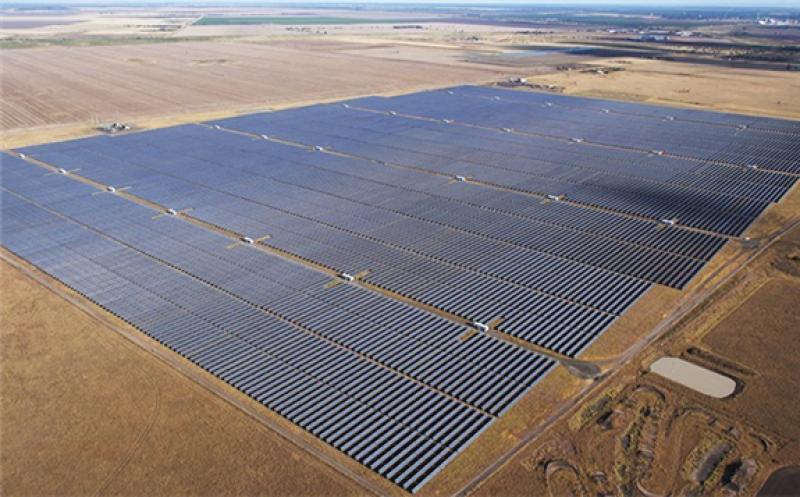Solar PV and wind will continue to be the cheapest sources of new electricity generation capacity in Australia, even when integration costs are included, according to new research from the country’s science agency, CSIRO, and the Australian Energy Market Operator.

While the third annual GenCost report features a more accurate approach for analysing the cost of renewables to include additional integration costs such as storage and new transmission infrastructure, solar and wind were still found to be the cheapest sources of new-build electricity generation.
The additional costs to support a combination of solar PV and wind generation in 2030 is estimated at between AU$6 – $19/MWh (US$4.64 – US$14.70/MWh) depending on the variable renewable energy share and region of Australia’s National Electricity Market.
Although large-scale PV was expected to continue its historical learning rate, cost reductions have slowed in the 2020-21 update, reflecting what the research describes as local challenges whereby several solar developers went out of businesses, consequently reducing competition and leading to more conservative outcomes. However, the modelling has not built any further industry disruptions into the projection and so cost reductions are forecasted to resume in future years.
The cost of battery storage was found to be lower than previously thought as stakeholders requested that the analysis recognise that batteries are achieving longer lives before they need to be replaced.
According to the research, battery costs fell the most in 2020-21 compared to any other generation or storage technology, and are projected to continue to fall. “Lower battery storage costs underpin the long-term competitiveness of renewables,” the report states.
Meanwhile, the study includes hydrogen electrolysers for the first time and finds that hydrogen is following a similar trajectory to more established renewables, with the technology supported by a host of supply and end-use trials globally and in Australia. With increased interest in deployment and a range of demonstration projects, the study estimates that there will be “substantial cost reductions in hydrogen technologies” over the coming decades.